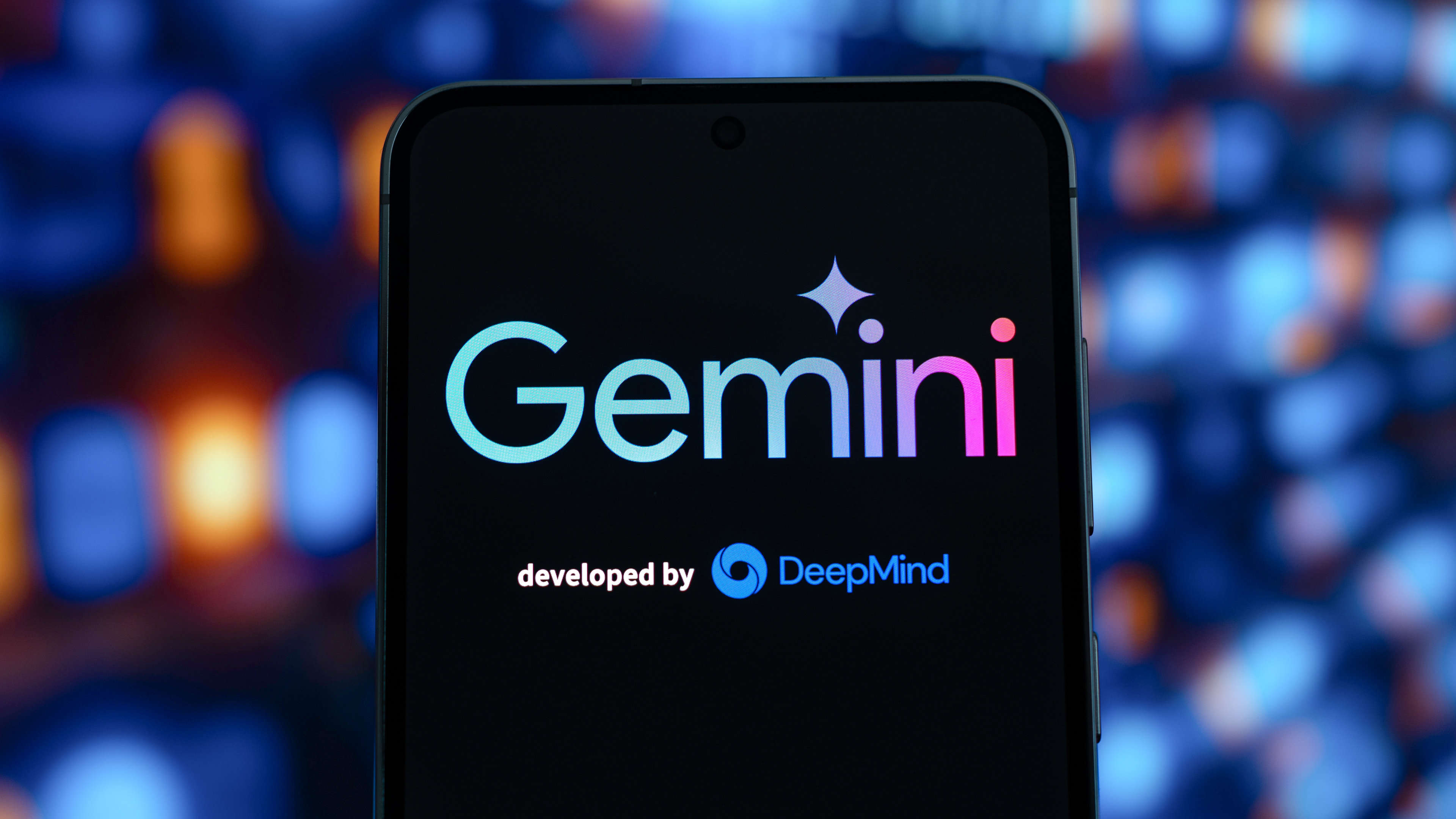Researcher finds security flaw in Gemini — but Google says it's not fixing it
AI assistant is vulnerable to ASCII smuggling attacks which can feed users malicious info

Here at Tom’s Guide our expert editors are committed to bringing you the best news, reviews and guides to help you stay informed and ahead of the curve!
You are now subscribed
Your newsletter sign-up was successful
Want to add more newsletters?

Daily (Mon-Sun)
Tom's Guide Daily
Sign up to get the latest updates on all of your favorite content! From cutting-edge tech news and the hottest streaming buzz to unbeatable deals on the best products and in-depth reviews, we’ve got you covered.

Weekly on Thursday
Tom's AI Guide
Be AI savvy with your weekly newsletter summing up all the biggest AI news you need to know. Plus, analysis from our AI editor and tips on how to use the latest AI tools!

Weekly on Friday
Tom's iGuide
Unlock the vast world of Apple news straight to your inbox. With coverage on everything from exciting product launches to essential software updates, this is your go-to source for the latest updates on all the best Apple content.

Weekly on Monday
Tom's Streaming Guide
Our weekly newsletter is expertly crafted to immerse you in the world of streaming. Stay updated on the latest releases and our top recommendations across your favorite streaming platforms.
Join the club
Get full access to premium articles, exclusive features and a growing list of member rewards.
Although a researcher was able to demonstrate that Google Gemini could be tricked into giving users fake information like leading them to malicious websites, Google has said it doesn’t consider this ASCII smuggling attack a true security bug and it has no plans to issue a fix for the flaw.
As reported by BleepingComputer, the company dismissed the findings as being more of an issue of social engineering attacks than an actual security vulnerability.
Since Gemini is so closely integrated with Google Workspace, this vulnerability is a high risk issue as this attack could be used to embed hidden text in Calendar invites or emails to instruct the AI assistant in unseen Calendar invite tiles, overwrite organizer details or hidden meeting descriptions or links.
ASCII smuggling is an attack style that uses special characters from the Tags Unicode block to introduce payloads that are invisible to users, but can still be detected and processed by large language models. – Essentially, this means that it hides letters, numbers or other characters to introduce malicious code to the AI assistant that users can’t see. LLMs have been vulnerable to ASCII smuggling attacks – and similar methods – for quite some time, however, the threat is now higher because agentic AI tools, like Gemini, have both widespread access to sensitive user data and can perform autonomous tasks.
According to the researchers “If users have LLMs connected to their inboxes, an email with hidden commands can instruct them [the AI] to search the inbox for sensitive items, send contact details and then turn a standard phishing attempt into an autonomous data extraction tool.” LLMs that have been told to browse websites could also potentially stumble onto hidden payloads in product descriptions and feed them with malicious URLs to feed back to users.
There are other techniques that use similar methods to manipulate the gap between what users see and what machines read including CSS manipulation and GUI limitations. The security researcher involved in this research found that Gemini, like Grok and DeepSeek, is vulnerable to ASCII smuggling attacks while Claude, ChatGPT and Microsoft Copilot are safe from such threats by implementing some form of input sanitization.
We reached out to Google for comment about the research and will update this story if and when we hear back.
Get instant access to breaking news, the hottest reviews, great deals and helpful tips.
More from Tom's Guide
- Discord customer info stolen in data breach — how to stay safe
- Massive data leak just exposed the personal info of 6 million shoppers — how to stay safe
- Unity just patched a serious security flaw - update your games and apps now

Amber Bouman is the senior security editor at Tom's Guide where she writes about antivirus software, home security, identity theft and more. She has long had an interest in personal security, both online and off, and also has an appreciation for martial arts and edged weapons. With over two decades of experience working in tech journalism, Amber has written for a number of publications including PC World, Maximum PC, Tech Hive, and Engadget covering everything from smartphones to smart breast pumps.
You must confirm your public display name before commenting
Please logout and then login again, you will then be prompted to enter your display name.
 Club Benefits
Club Benefits










